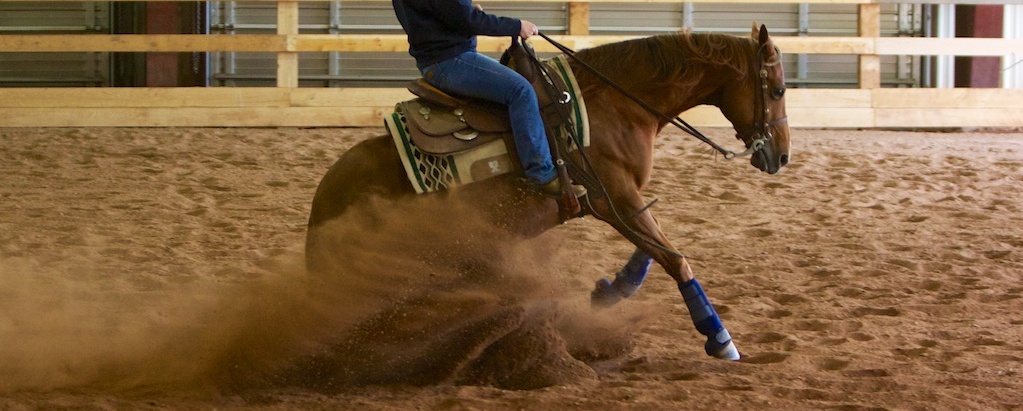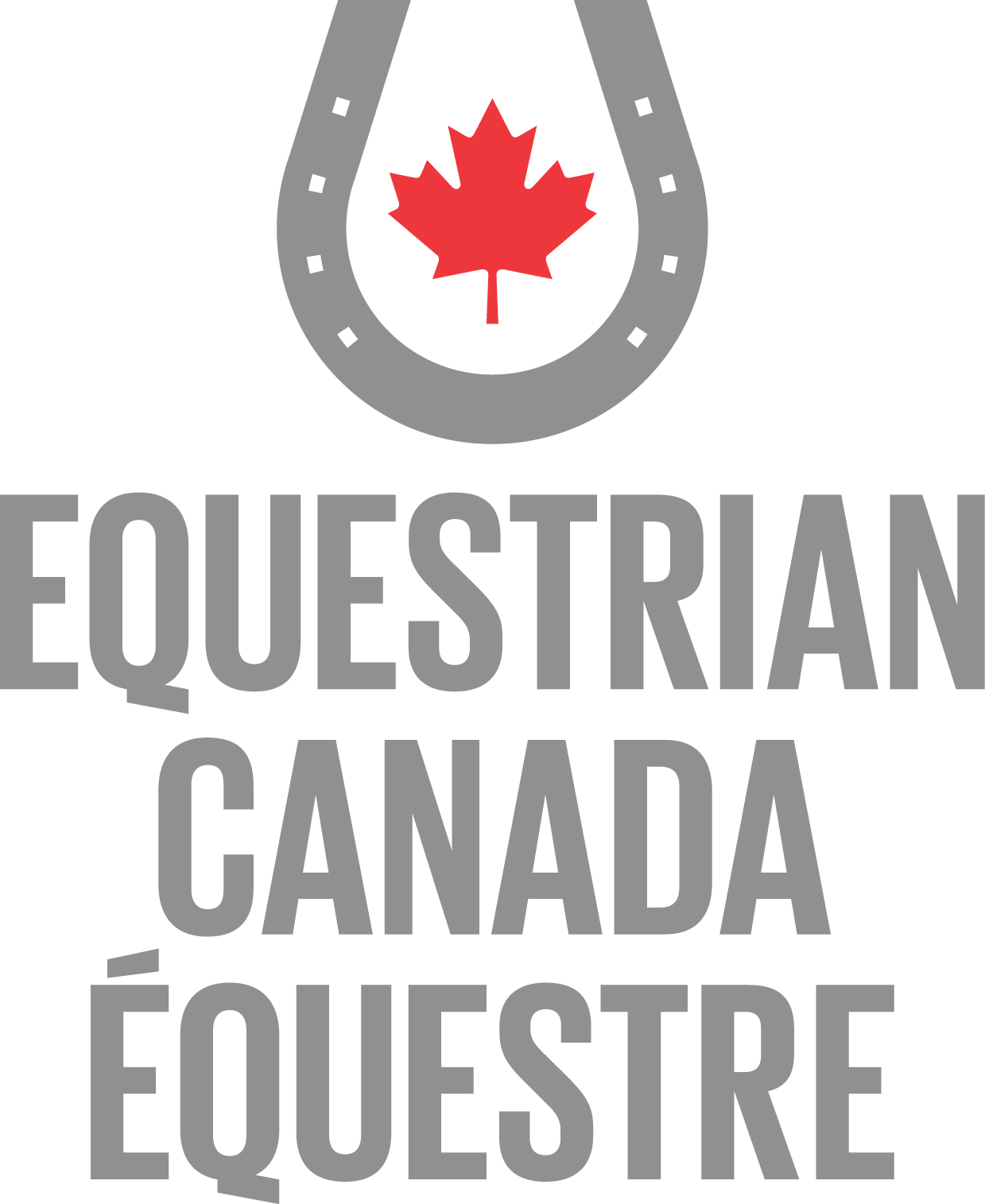Reining
| Reining horses and riders complete intricate patterns using a set of barely perceptible cues. At reining competitions, horse and rider pairs are placed in classes sorted by their age, status (professional or amateur) and level of experience. At the top level of competition, competitors complete one of 10 patterns that demonstrate the athletic abilities of the horse and the subtle communication between horse and rider. Included in the patterns are several compulsory movements: varying circles, small slow circles, flying lead changes, roll backs, spins and the crowd pleasing sliding stop. Reining competitors also perform freestyles, in which they choreograph the compulsory movements to music. Freestyles are judged on level of difficulty as well as music and choreography. |  |
Reining is the latest discipline to be recognized by the Federation Equestre Internationale (FEI). International reining competitions are now being held for both team and individual competitors worldwide. Reining was included at a medal discipline for the first time at the 2002 World Equestrian Games in Jerez, Spain. At the 2006 FEI World Equestrian Games, the Canadian Reining Team earned the Silver Medal for the team competition, and Duane Latimer took the individual Gold Medal for Canada. While reining is recognized by the FEI and performed at the World Equestrian Games, it is not an Olympic medal discipline.
New Brunswick Codiac Reining Association - Facebook




.png)
